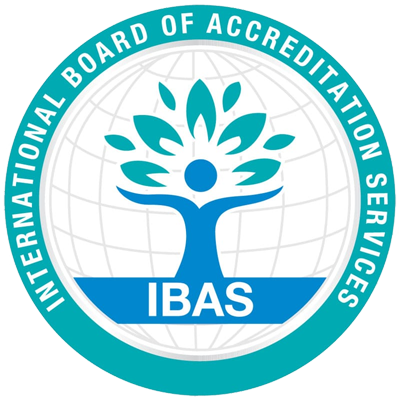Building and maintaining effective working relationships is essential to success in any field. In this article, we explore the fundamental aspects and practical strategies to fostering productive workplace environments. We also outline the role of Continuing Professional Development (CPD) and key skills that can improve your capability to form and maintain good working relationships.
What are Working Relationships?
Working relationships refer to the different connections and interactions individuals share with colleagues, managers, clients, stakeholders, and other professionals within a working context. These relationships can range from short-term project-based interactions to long-term associations, all contributing to a cohesive work environment. Generally, these are based on mutual respect, understanding, and a shared objective of achieving organisational goals.
Why are Working Relationships Important?
A positive workplace culture anchored in healthy relationships becomes an environment where individuals feel valued and heard. Employees in harmonious work settings often find greater opportunities for skill development, mentorship, and upward mobility, primarily because open communication allows them to showcase their talents and express their aspirations. This not only enhances job satisfaction but also provides avenues for further growth and learning.
Furthermore, a conducive work atmosphere acts as a catalyst for career progression. With open channels for feedback and dialogue, employees can align more closely with organisational goals, identifying gaps, and seizing opportunities. When challenges arise, as they often do, strong working relationships ensure collective problem-solving, positioning individuals as team players and potential leaders.
While effective working relationships directly contribute to daily operational success, their deeper impact is seen in the enhanced career progression and opportunities they allow to individuals. This can lead to a strong network, increased job satisfaction, decreased stress levels, and make it easier to achieve your personal or professional goals.
5 Essential Pillars to Build Effective Working Relationships
Navigating a professional setting requires more than just expertise in one’s field; it’s equally about forging connections that stimulate mutual growth and progress. The intricacies of interpersonal relationships and dynamics at the workplace can often dictate success. Creating strong communication, trust, empathy, boundaries, and celebration, allows organisations to cultivate an environment where collaborations thrive. Here are some of the essential components that constitute these relationships.
1. Open Communications
Open communication is often considered the bedrock of successful professional relationships. Communication doesn’t just mean speaking clearly; it also involves active listening, timely feedback, and information sharing.
Transparency: Maintain a level of transparency with your colleagues. Keeping everyone on the same page reduces confusion and promotes a sense of community.
Feedback Loops: Regularly give and invite feedback. This can be done in scheduled meetings, or informally, and should always be constructive.
Active Listening: Pay attention during conversations. Show your colleagues that you value their input by focusing on what they are saying and providing appropriate responses.

